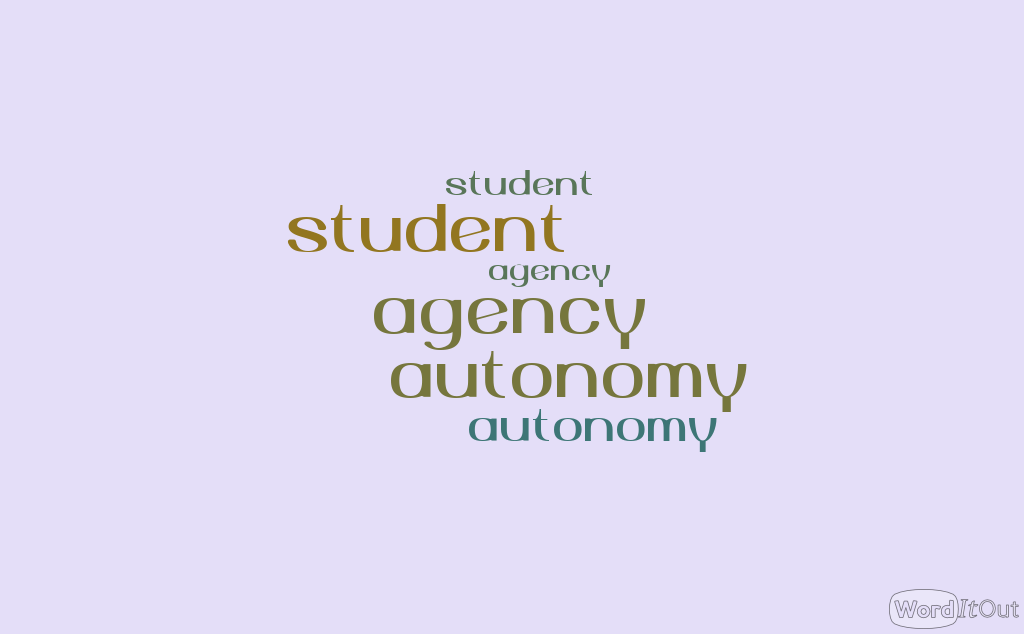
January is typically a time when people are looking forward – considering new goals and new approaches. In this post, however, I’ve decided to look back. I’m revisiting some of the information I gave in my very first professional development activity for TESL Ontario: a webinar I co-delivered in 2016 entitled Getting Animated: Graphic Novels in the ESL Classroom. My hope is that this blog will encourage readers to find ways to incorporate graphic novels and/or comics into their 2023 teaching practices.
Continue reading








